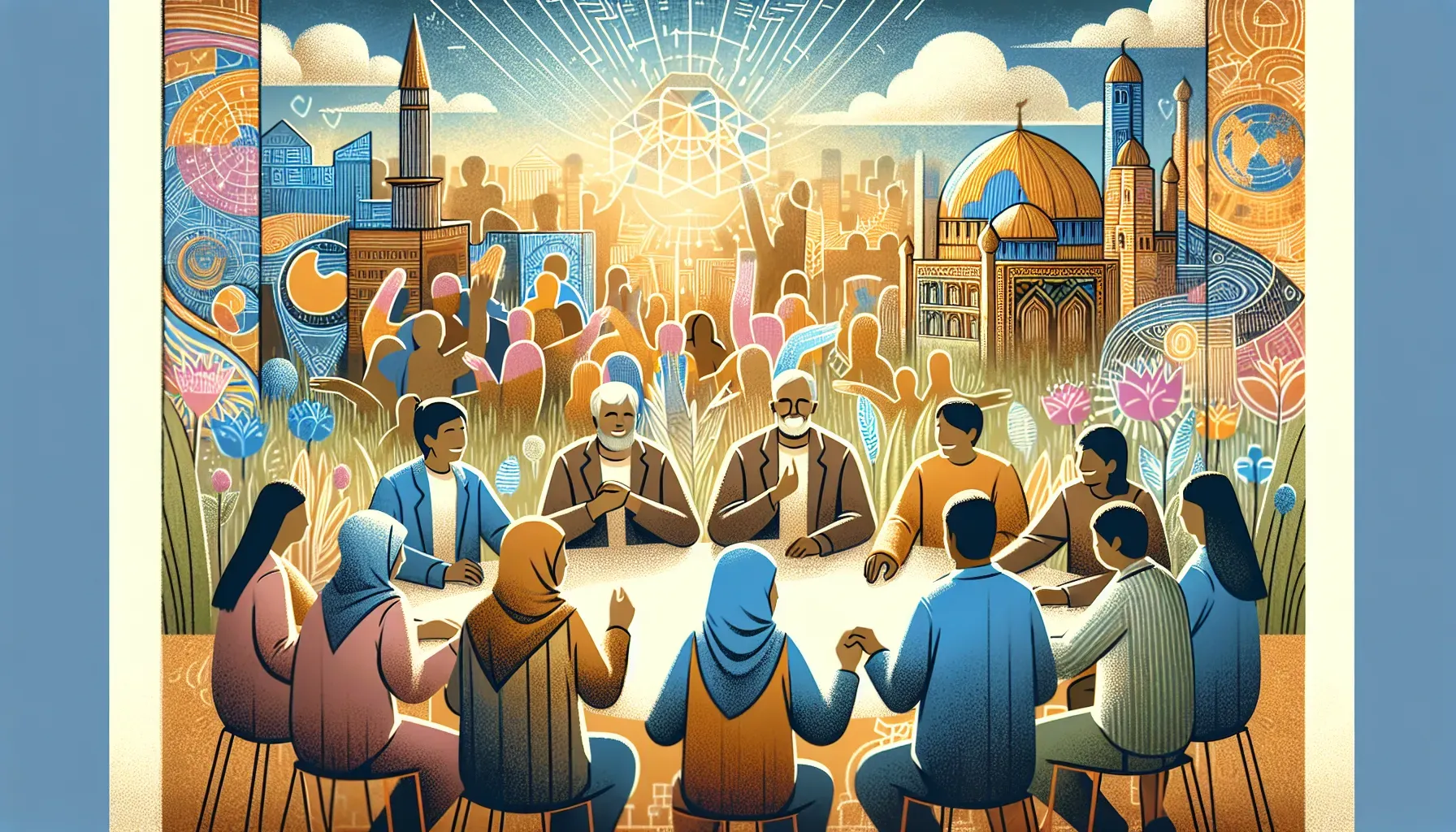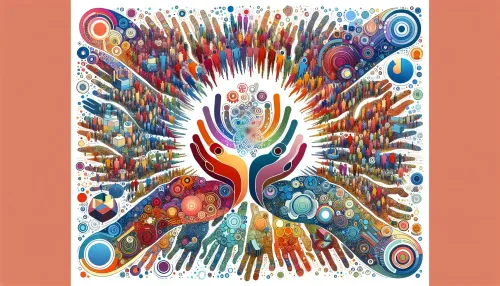Beyond Social Interactions: Understanding Autistic Perspectives on Relationships

Autism, a complex neurological condition, often shapes individuals' perceptions of socializing and forming relationships. For autistic children, understanding friendship may present unique challenges due to their different social dynamics. Redefining friendship in the context of autism involves recognizing the diverse ways in which autistic individuals form and maintain connections.
Redefining Friendship in Autism: Understanding Connections
Autistic individuals often perceive and experience social interactions differently from neurotypical individuals. They may struggle with non-verbal communication cues, abstract language, or the unpredictability of social settings. These challenges can impact their ability to interpret the intentions and emotions of others, influencing how they approach friendships.
How Do Autistic Individuals Experience Social Interaction?
Understanding and embracing the distinct ways in which autistic children engage in friendships is essential for fostering inclusive social environments. Efforts to bridge the gap between neurotypical and autistic perspectives on friendship involve promoting empathy, patience, and active listening. By acknowledging and respecting the unique communication styles of autistic individuals, meaningful connections can be fostered.
The complexities of autistic relationships extend beyond traditional notions of social interaction. Autistic children may exhibit individualized patterns of connectivity, engaging in friendships that manifest in unconventional yet deeply meaningful ways.
Bridging the Gap: Understanding Neurotypical and Autistic Perspectives
For autistic children, friendship may not always conform to conventional norms. Rather than focusing solely on large peer groups or constant socialization, autistics may form deeply profound connections with specific individuals or immerse themselves in solitary activities that bring them joy and fulfillment. Recognizing and respecting these unique relationship patterns is crucial for embracing the diversity of autistic social dynamics.
Related Article: Breaking Barriers: Out-of-the-Box Approaches to Addressing Social Challenges Faced by Autistic Children
Demystifying Autistic Relationships: Social Dynamics Explained
Nurturing authentic connections in autism involves creating environments that cater to diverse relationship preferences, thereby empowering autistic children to cultivate meaningful bonds based on their individual needs and interests.
What Are Unconventional Bonds in Autistic Friendships?
Promoting authentic connections involves tailoring support to accommodate various modes of engagement. Whether through small-group activities that allow for focused interactions or providing opportunities for solo pursuits, embracing diverse bonds requires a flexible and inclusive approach that acknowledges and respects the individuality of autistic children's social preferences.
Advocacy for social inclusion emphasizes the significance of creating environments where autistic individuals are accepted, valued, and understood within the context of relationships.
Nurturing Authentic Connections: Supporting Autistic Relationships
Establishing a culture of acceptance involves cultivating empathy and dispelling misconceptions about autism within social circles. By embracing a mindset that celebrates neurodiversity, society can foster inclusive relationship spaces that welcome and appreciate the unique contributions and perspectives of autistic individuals.
How to Tailor Support for Diverse Social Preferences?
In conclusion, understanding relationships from an autistic perspective calls for a paradigm shift that values diverse forms of connectivity and promotes acceptance and inclusion. By redefining friendship through the lens of autism, we can foster an environment where authentic connections flourish, ensuring that every individual's relational experiences are respected and celebrated.
Frequently Asked Questions
Autistic individuals often experience difficulties with non-verbal communication, abstract language, and social unpredictability. These challenges can hinder their ability to interpret others' emotions and intentions, making it harder for them to navigate friendships compared to neurotypical peers.
Promoting understanding involves fostering empathy, patience, and active listening. By recognizing and respecting the unique communication styles of autistic individuals, we can create inclusive environments that support meaningful connections and bridge the gap between neurotypical and autistic perspectives on friendship.
Embracing diverse relationship patterns is crucial because autistic children may form profound connections that differ from conventional norms. Recognizing these unique patterns allows for a more inclusive approach to social interactions, empowering autistic individuals to cultivate meaningful bonds based on their individual preferences and needs.
Check Out These Related Articles

The Intersection of Emotional Intelligence and Teamwork: Unveiling the Power of Collaboration in Autism Support

Unleashing Potential: Strategies for Inclusive Playtime with Autistic Children

Transformational Triumphs: Celebrating Autistic Children's Remarkable Achievements
